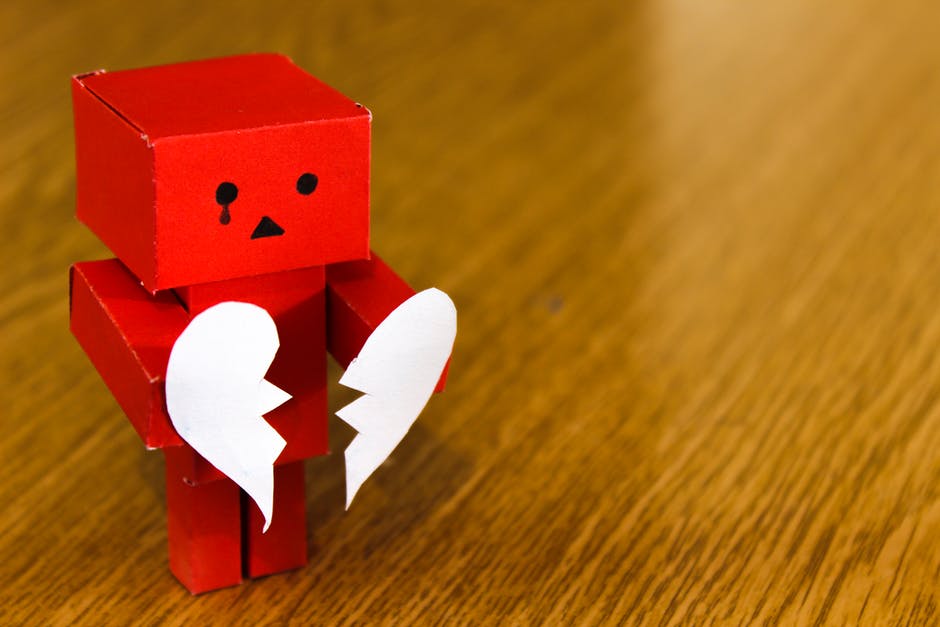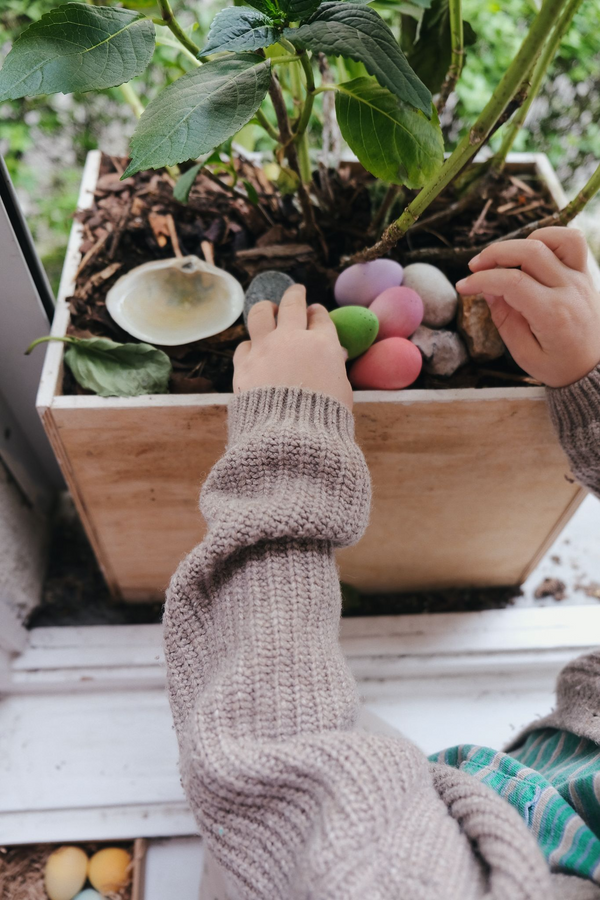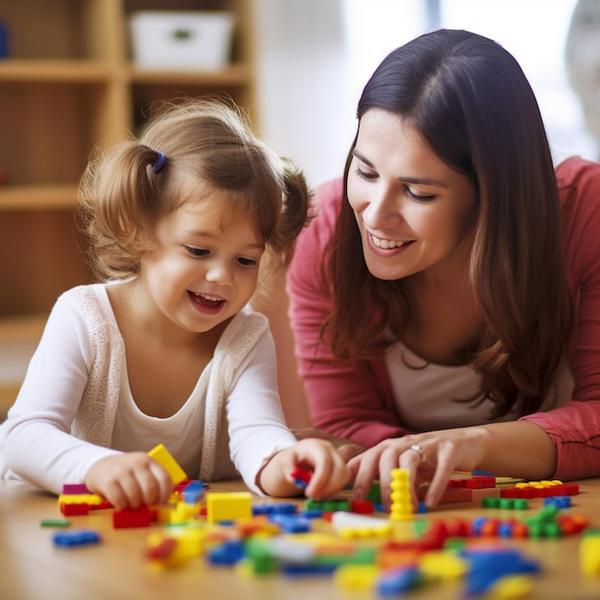
The Importance of Grieving a Miscarriage at Any Stage
Erin Burt
 As someone who has served as a hospital chaplain in the dark, dark night and a sociologist who studies the world’s ills, I know thoroughly that grief can be everything from expected to a taboo. An area of grief we still struggle to recognize is that of a lost embryo or fetus--the loss of a baby.
As someone who has served as a hospital chaplain in the dark, dark night and a sociologist who studies the world’s ills, I know thoroughly that grief can be everything from expected to a taboo. An area of grief we still struggle to recognize is that of a lost embryo or fetus--the loss of a baby.
Miscarriage (before 20-28 weeks, depending on who you ask) or stillbirth (after that point) occur most frequently in the first trimester, in as many as 10-15 percent of known pregnancies. Second and third trimester miscarriage and stillbirth are far less common, but still account for 1-5 percent of pregnancies.
Whether eagerly seeking pregnancy or stumbling upon it, we begin to anticipate (or have been month after month) for a life to come. Perhaps we feel anxiety. Then we wonder what the sex might be, the names, how we want to start the baby’s life--what theme for the room, what parenting styles do we want to emphasize. We begin to think of family not as ourself or our two persons or however many children currently are a part of our family--we start to define family with baby in mind.
Reasonable expectations are born in the time of pregnancy, whether it lasts moments or weeks or months. When life is lost, it is not just reasonable, then, to grieve something we expected and lost; it is absolutely necessary to recognize that grief as legitimate and important. As drastically as a person’s life changes when pregnant, so too is the drastic confirmation of loss of life.
 And--let’s be clear--this grief is not based upon any thoughts about when life begins. Whether or not there was a heartbeat can not qualify or quantify the grief that a woman, partner, family, and friends may feel after loss.
And--let’s be clear--this grief is not based upon any thoughts about when life begins. Whether or not there was a heartbeat can not qualify or quantify the grief that a woman, partner, family, and friends may feel after loss.
But perinatal loss is riddled with complexities. Context matters too. For example, society accepts a longer grieving period for someone whose baby dies at 38 weeks, but offers far less acceptance for a miscarriage at 6 or 8 weeks. Then, how you grieve matters. If you grieve too little, shame. If you grieve too much, therapy. Often the grief is in private if others did not yet know of the pregnancy.
To add difficulty, our American culture often avoids grief at all costs. Many of us discount, put a positive spin on, or avoid grief talk when speaking to someone experiencing loss. We throw casseroles and “let me know if I can help” at grief. Every once in awhile someone has the audacity to say, “Well, at least you have other children,” or something similar, as if having something else in any way diminishes the pain of what you’ve lost.
It is uncomfortable to be in dark places, to be painfully aware of how little control we have in matters of life and death. Hearing someone else’s grief may take us to dark places within that we are more comfortable avoiding. Or we, often for good reason, just prefer the sunny side of the street--and like to invite others over when we see them in the shadows.
If you find yourself in the midst of perinatal loss--find a way to grieve. Invest in a close friend, counselor, or even a stranger (on a random park bench if the moment feels right; or an online group of support) to express and process your loss.
No matter the circumstance of the miscarriage, the very nature of such a drastic change in one’s life elicits an emotional response. You may feel deep, cutting, hollowing pain; you may feel shame or relief or any number of emotions. It is also okay if you feel only an afternoon of disappointment and move forward from there. Even within your family, or between you and your partner, differential grief can be typical. Everyone has a different circumstance, different hopes and expectations, and different ways of expressing one’s self. What’s most important is that you do invest in your grief experience as part of the healing process.
If you are there, in the midst of the pain--I see you and value what was and could have been. Take care of yourself. I send love to you.
Lynette is a mom of three children from 20 months to age five. She has cloth diapered all three since birth and enjoys all things eco-friendly and mindful living.







